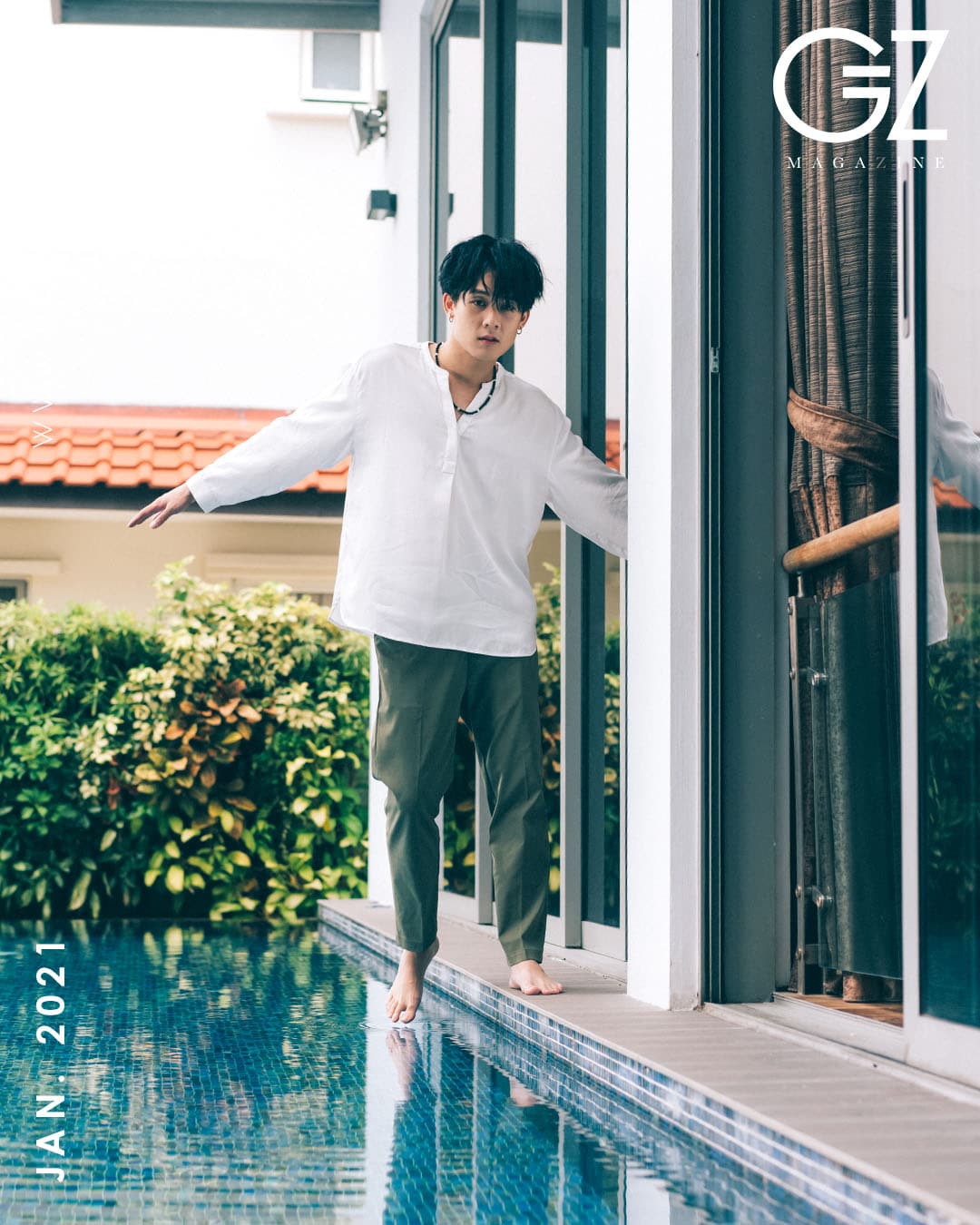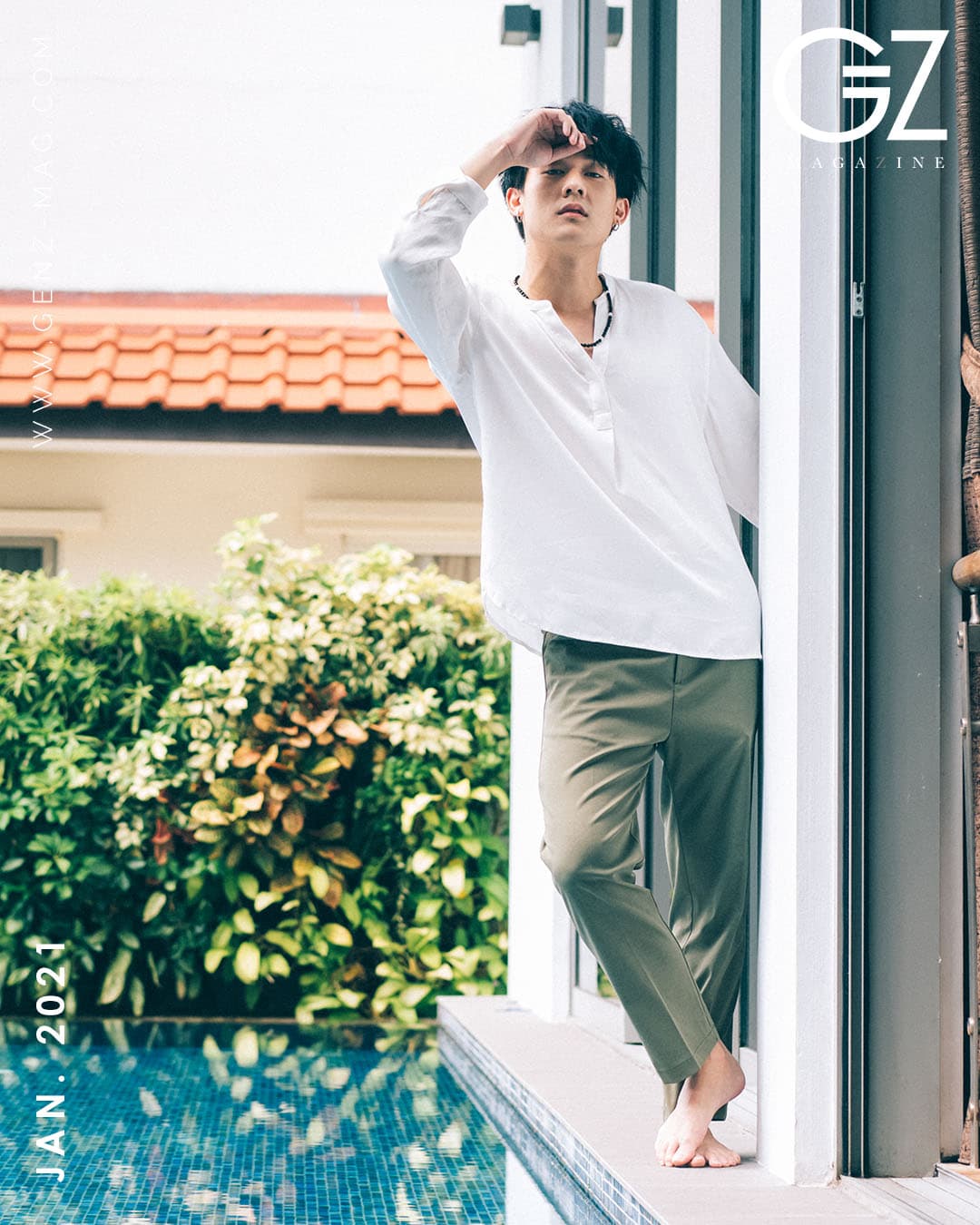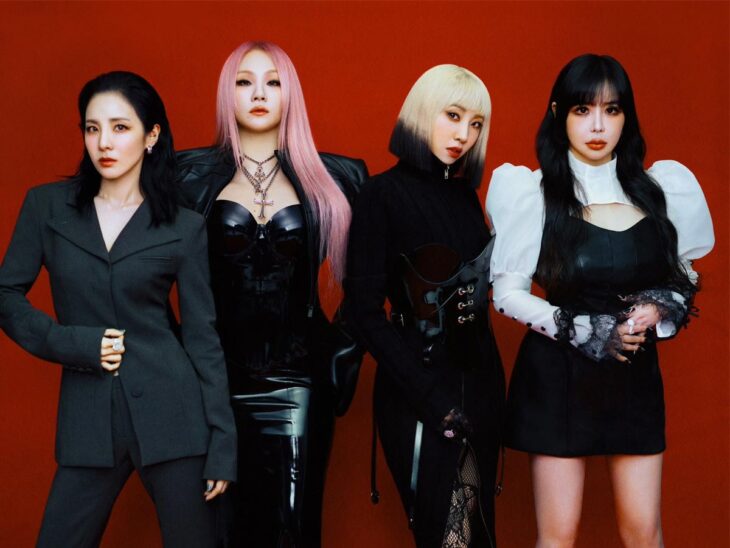Three years after landing a significant role in Mediacorp Channel 8’s drama series, When Duty Calls, Richie Koh continues to prance in the world of the entertainment industryslowly annexing pages on his acting portfolio. Three years in the limelight, it goes without saying that we have yet to discern the end of this 27-year-old Financial Informatics diploma holder-turned-actor’s metamorphosis as an artist and as a person.
“I’m too young to stop anyway, la!” Richie blurts out when we were discussing what pushes him forward to continue his career. He then adds, “And I think next year is going to be a year that I have many projects coming out, so I don’t think it’s a good time to stop yet.”
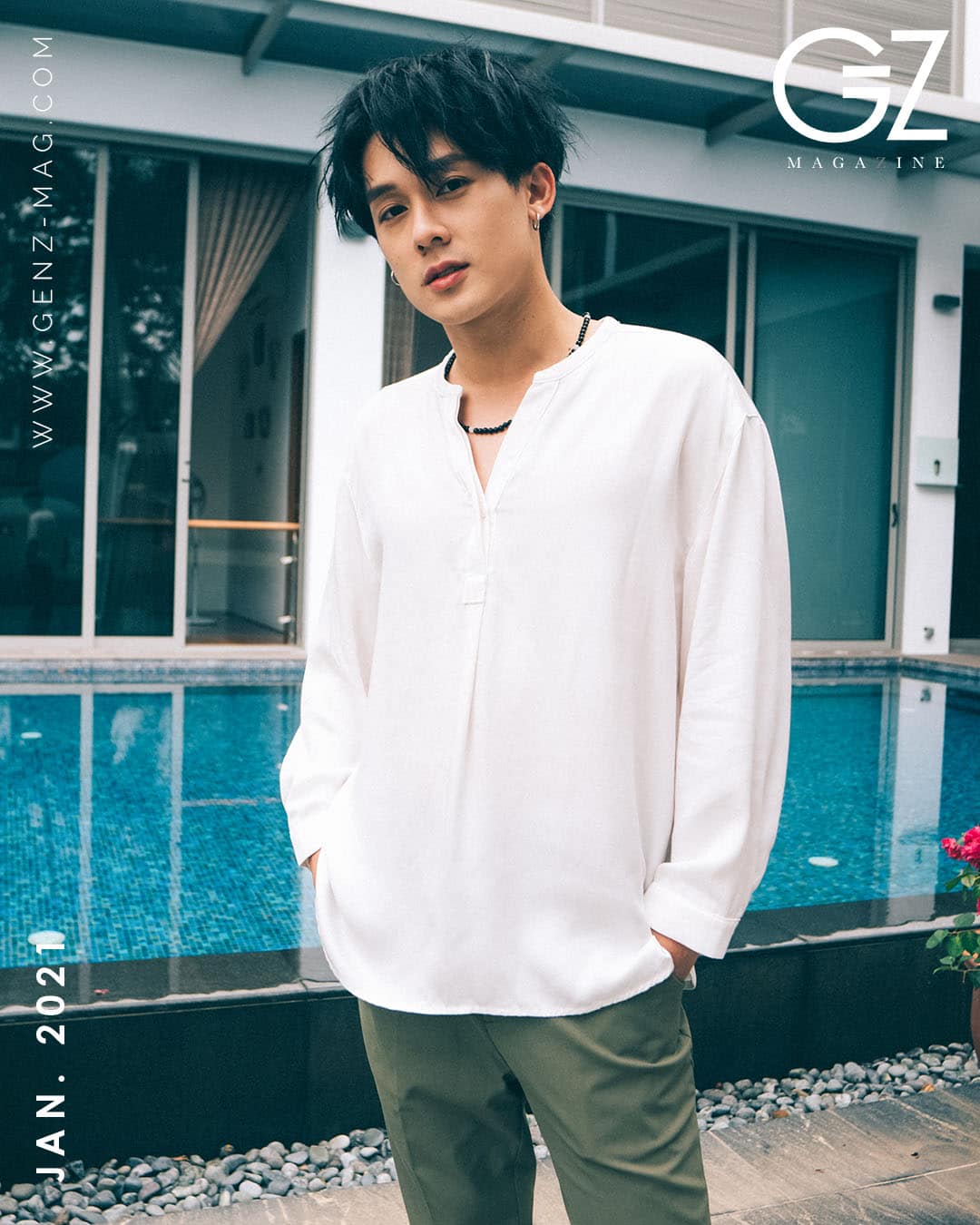
A few minutes before those statements, Richie shares how he recently thought of taking a break from acting. These bold and straightforward remarks from an actor I just met makes me think if that, again, is maybe another byproduct of COVID-19 isolation. It could be, but to Koh, it’s more about finding other interests in life; it’s not about stopping at what he currently does but rather exploring new things that can widen his repertoire. I ask what knock some sense into him, he laughs and then says, “The money!”
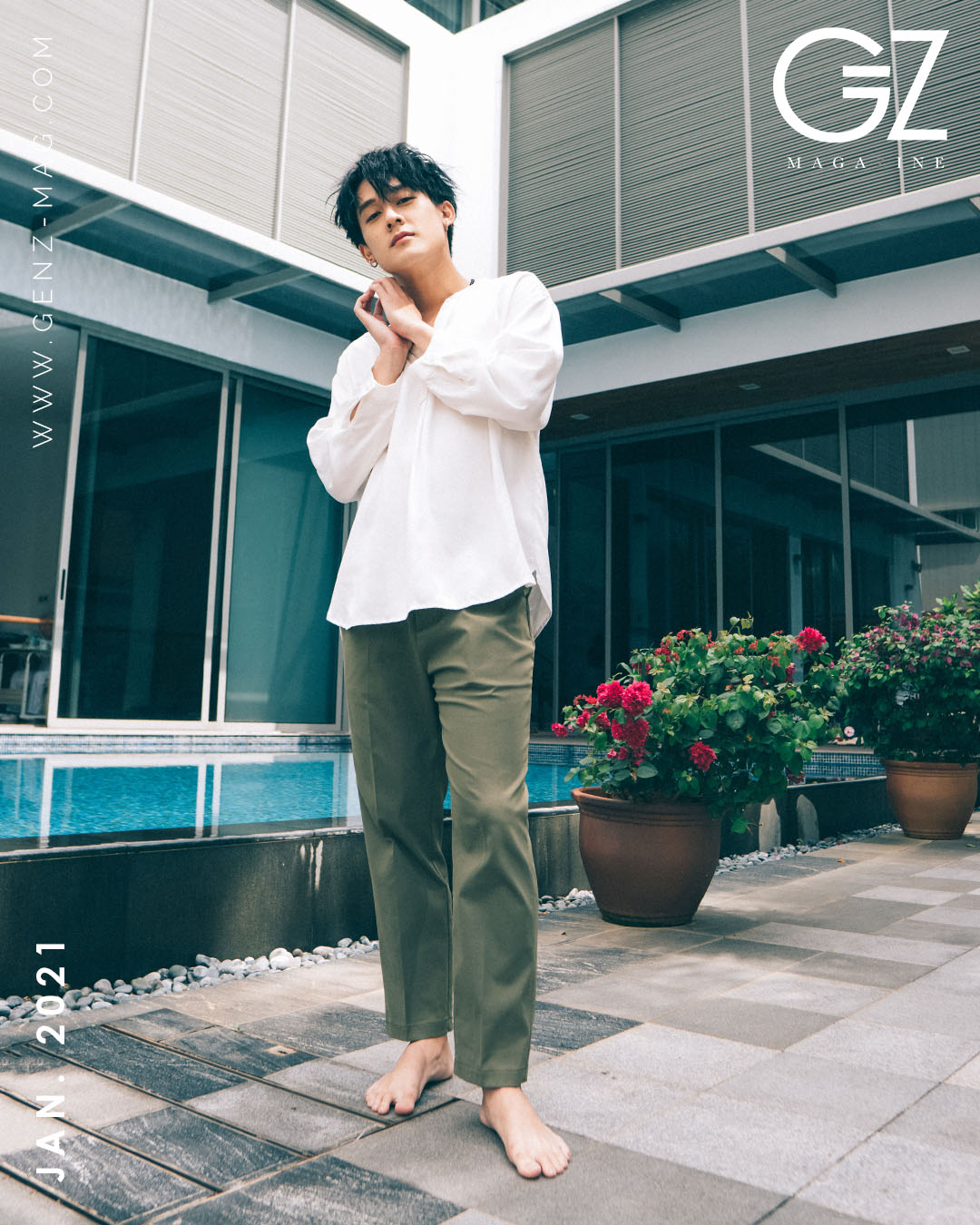
We are in the movie room located in the basement of our shoot location. We just turned on the aircon, and it’s 10:45 in the morning. Richie arrives a couple of minutes earlier than our call time in his black Yves Saint Laurent shirt, casual shorts, sliders, and a haversack like those schoolboys you bump in the MRTneither showing off a celebrity entitlement nor being up-of-himself behavior.
“I’m a down to earth guy,” he shares while sitting comfortably on the couch, one leg scrunch up and occasionally drinking coffee from a Ryan from Kakao Friends’ tumbler; he gleefully reveals that it’s “his sister’s.” “I love Singaporean culture and local stuff. I enjoy life; I like to be simple and easygoing.”
Richie discovers his knack for acting.
Richie’s entry into show business, however, was unintentional. He had no plan of venturing into acting growing up and somehow thought of staying in the Army if he doesn’t further his studies after serving the National Service. It was only until a star search hunt he participated in 2013 when he had the opportunity to explore the industry and take an interest in the craft.
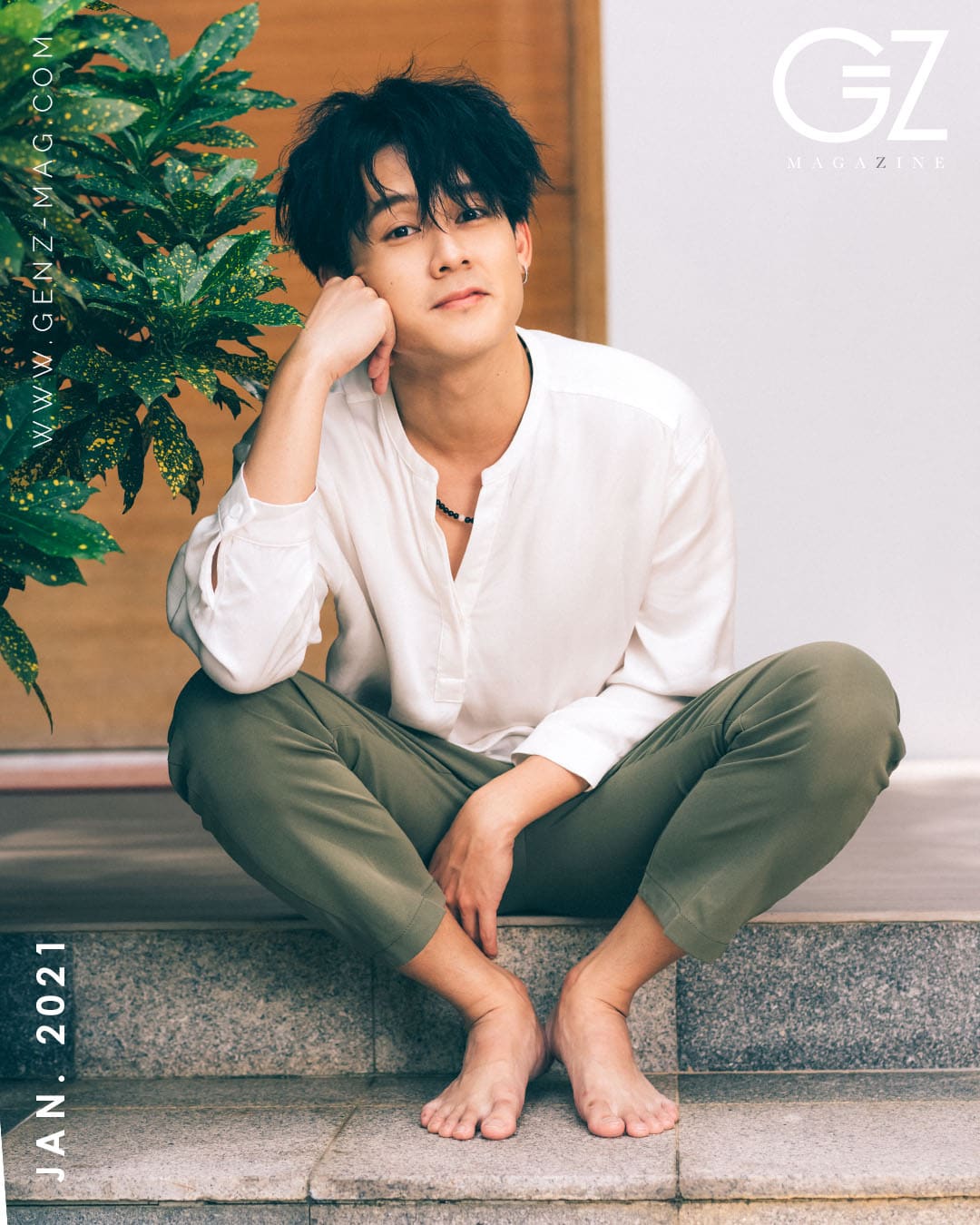
“I would kind of imagine what it would be like if I’m this guy or if I play this role,” he recalls while reminiscing about the movie characters he watched on shows and films growing up. “It’s all about young kids’ fantasy, just like, how you played toys and just imagining you are the character but didn’t think of it as a career.”
Koh’s acting debut started in 2017 when he landed a major role in Channel 8’s army-themed drama When Duty Calls. For someone new in the industry, being a part of the project’s top billing could be exhilarating, instead, Richie felt the immense pressure and took it as a huge responsibility. Acting side-by-side with the veterans with close to zero acting experience is mere David’s to Goliath moment, but similar to the biblical story, he won it over.
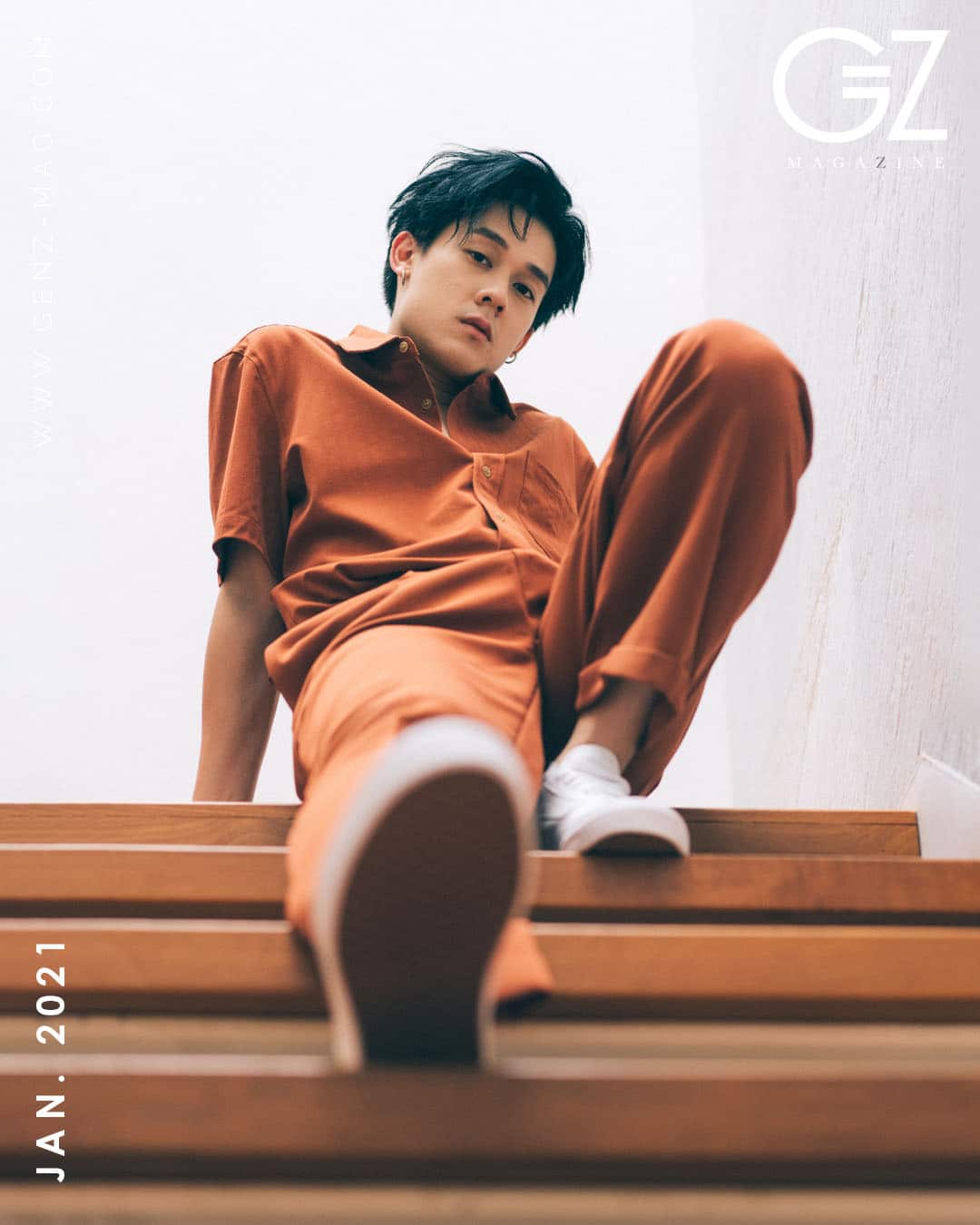
“I just basically read the script over and over again and memorized my line properly. Mostly, it’s scary but fun at the same time. You don’t know what you should know; that was kind of a struggle for me. It was a memory that I will never forget; it built the foundation of my career.”
As Roman philosopher, Seneca, once said, “Luck is what happens when preparation meets opportunity,” and it was the very show in which Richie received his first nomination for Best Newcomer in Star Awards 2018. Koh admits that though awards are recognition, he doesn’t go plainly after it but rather more into honing and improving his craft. It’s the satisfaction he gets from portraying another person that fascinates him the most.
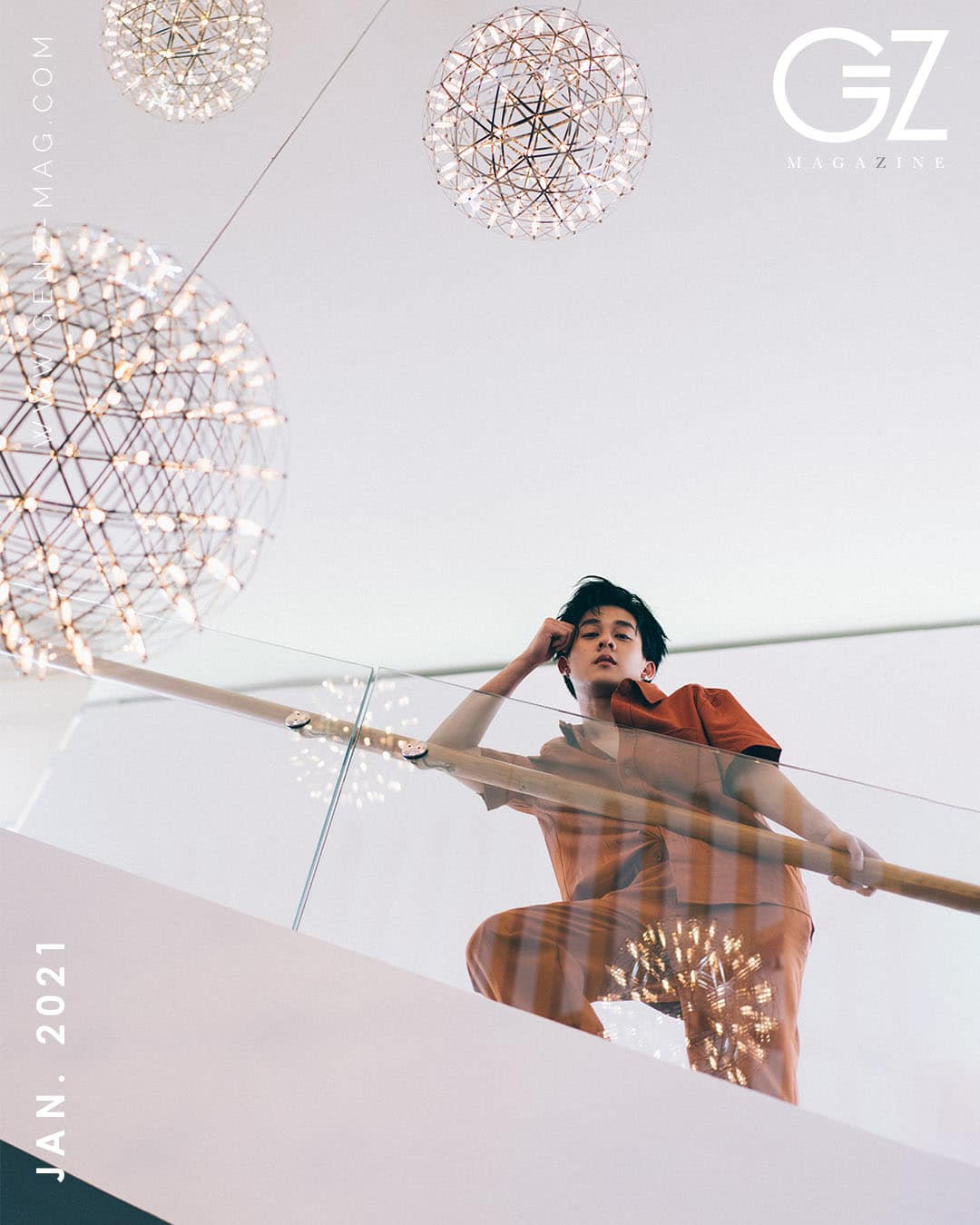
What kind of satisfaction? I ask.
“You’re telling a story, and that story is created by a writer who has all the imagination,” he quickly replies. Richie highlights that an entire project always requires a whole production team, all exerting their own efforts in breathing life into the characters.
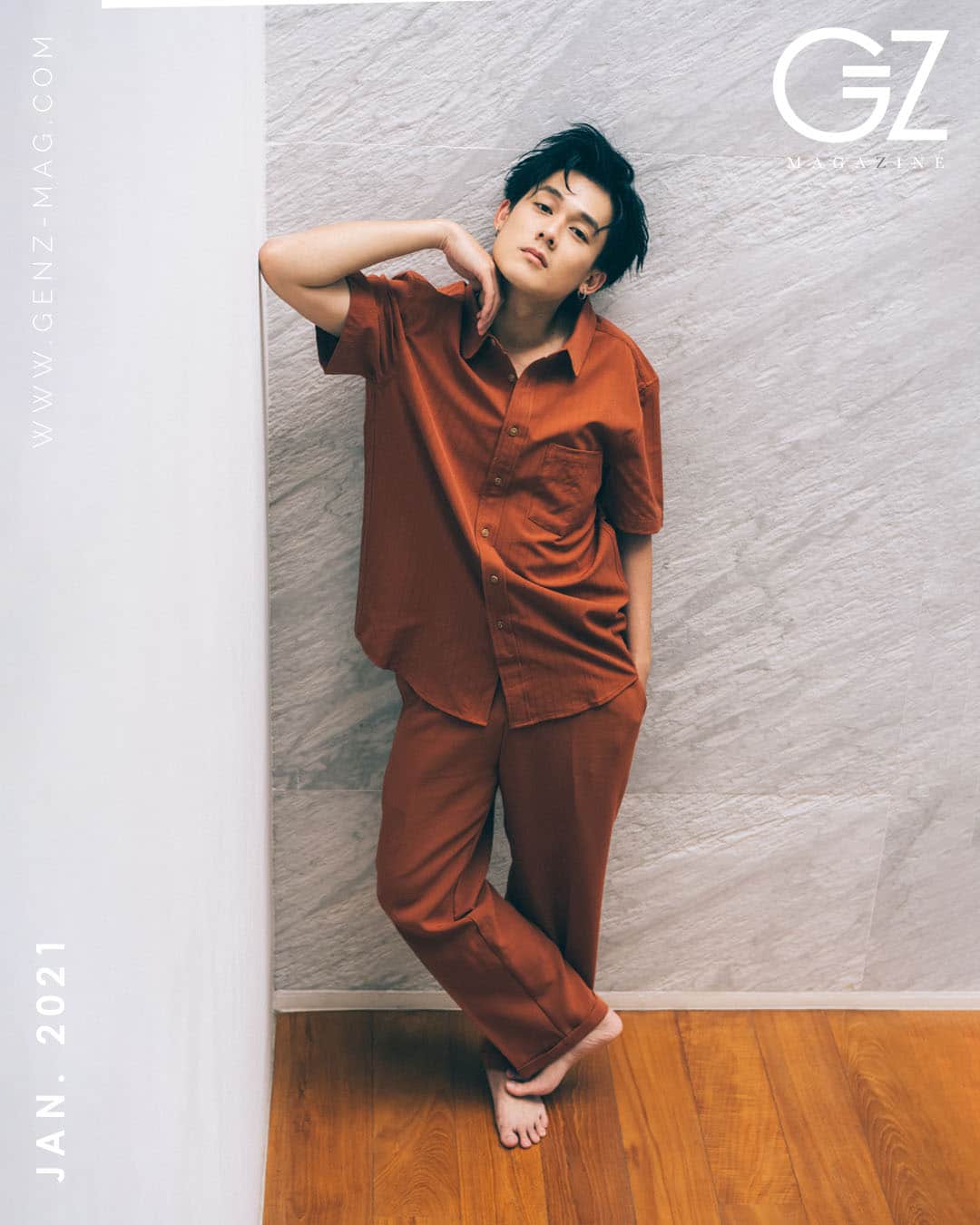
After his debut project, Koh has portrayed several roles to date, with the Long Long Time Ago 3: The Diam Diam Era by famous Singapore Director, Jack Neo, being the latest one. As he continues to build his place along with the big leagues in the industry, he also has some fair share of what stardom equates to the general populace.
“Well, as a public figure, there are sometimes expectations from the public, but they always forget that we are also humans. Yes, I’d like to act, but that doesn’t mean I want to be in the spotlight all the time. I’m a lot like any of your friends, your son, your daughter, or so. Treat me with the same respect as you treat everyone. That’s all I ask.”
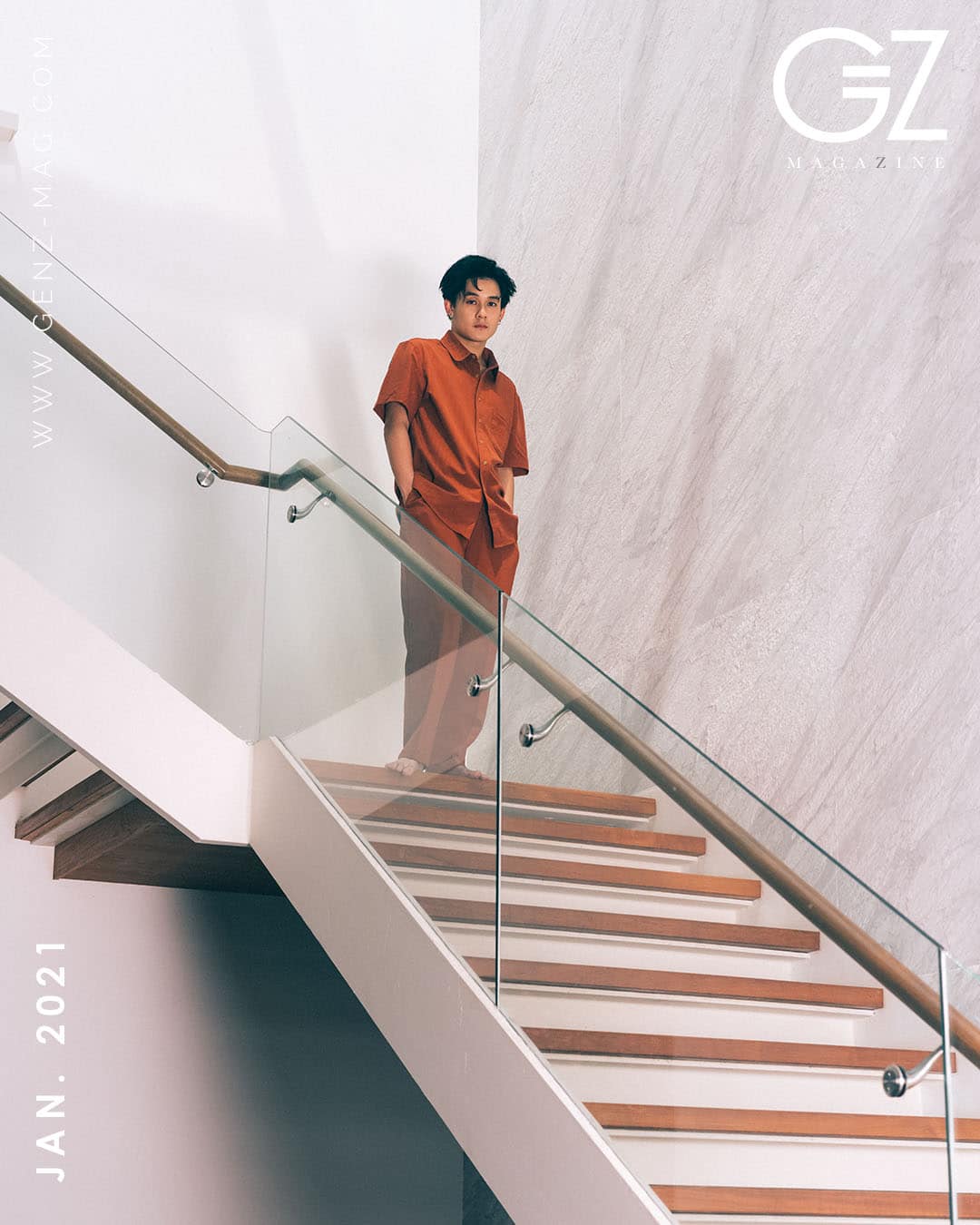
A closer look at Richie’s outlook as an individual
As I continue to talk to Richie, I start to appreciate his affable demeanor. He answers questions unhurriedly but not too laid back. You can sense his emotional maturity, yet his boyish charisma is showing off evidently. His talent manager, Karen, who’s sitting in for the interview, sometimes subtly elaborate his answers, but Richie’s candidness makes his entire package appealing.
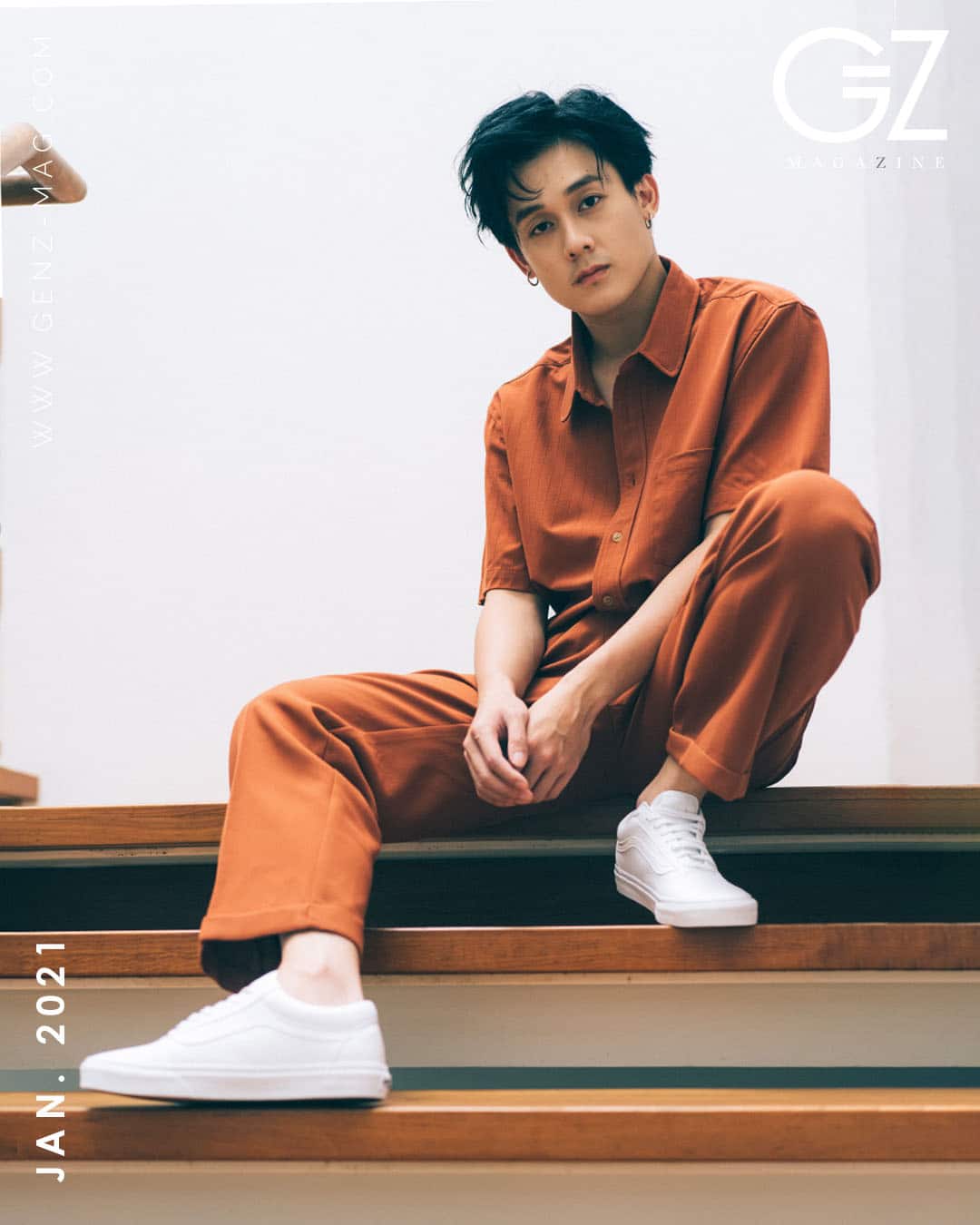
Being a part of Mediacorp’s roster of artistsSingapore’s premier mass media conglomerateand making consecutive appearances in TV and films both local and international, I ask him what keeps him grounded.
“I always have this sentence to myself: there is always someone better than you,” he responds. “If you think you’re good, you’re actually not very good. If somebody tells you you’re good, they might not be telling the truth,” he adds, but I remain silent, trying to weigh in the phrase he just shared between being negative or positive.
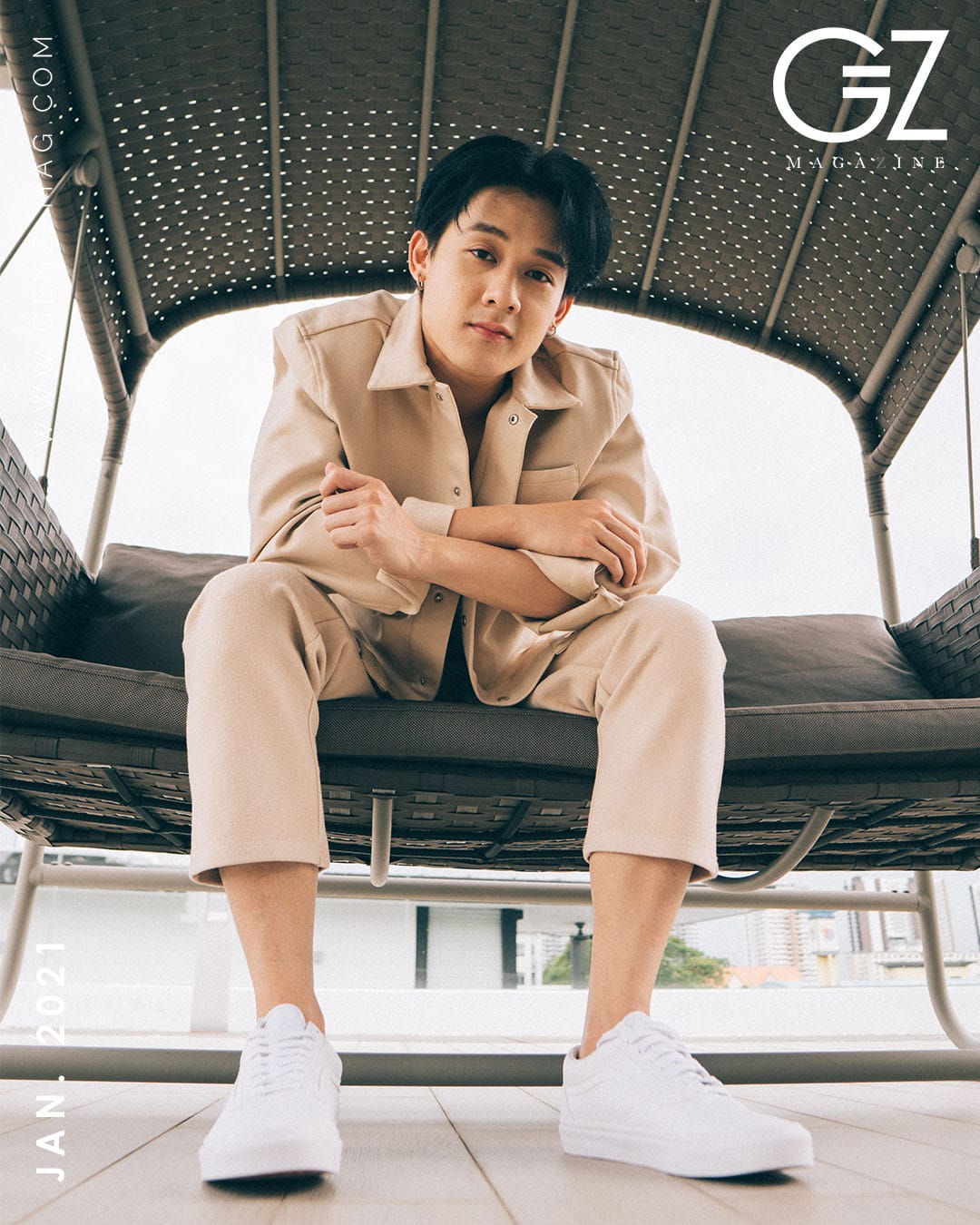
He then rebuts, like he somehow reads my thoughts, “You might not be wrong if you think you’re good, but keeping that mindset might eventually turn you into being boastful; from there, you’ll stop learning.”
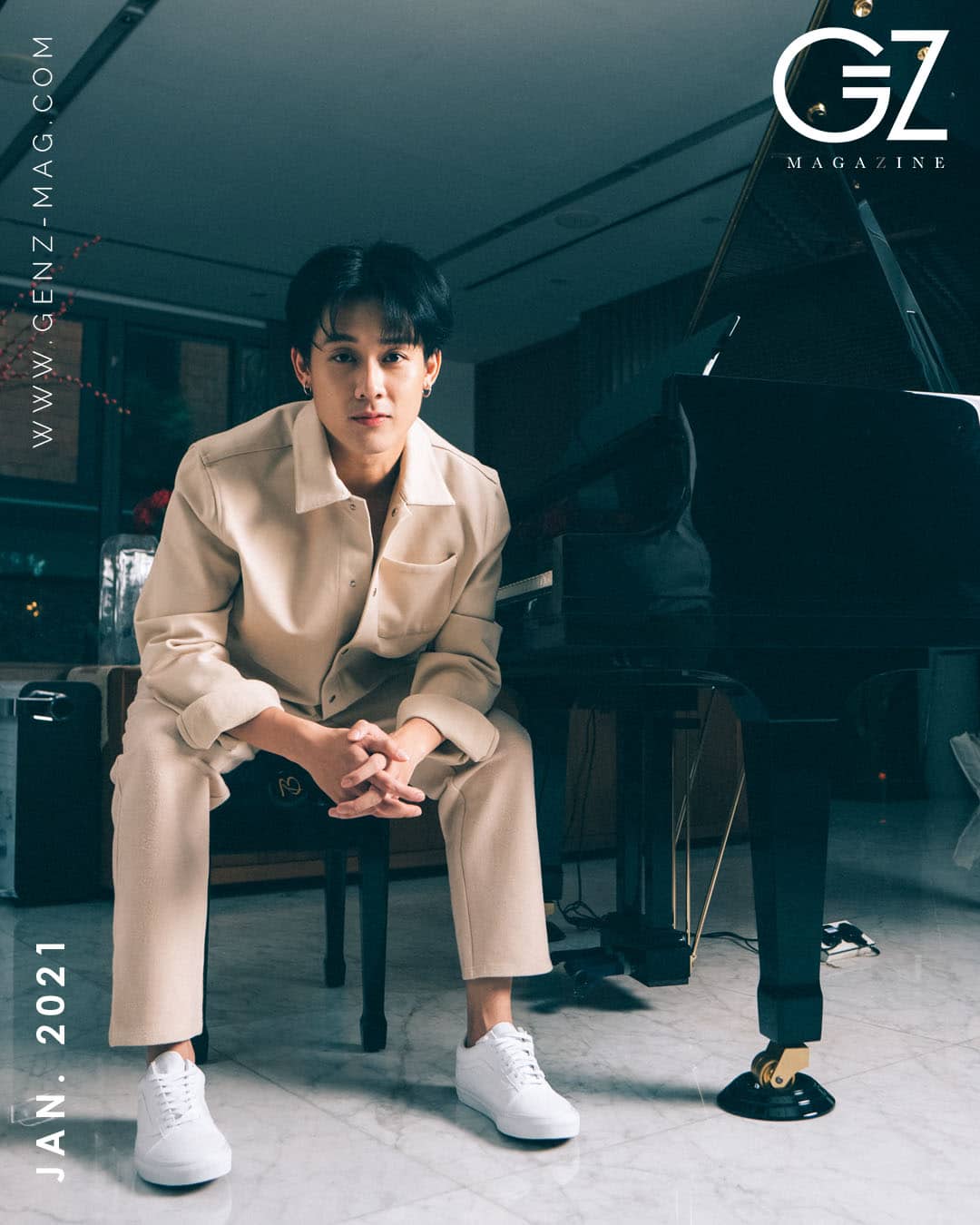
Richie shares how he always watches his own shows and picks out the bad points as he believes that there is still something to improve. This habit inspires him to grow and be a better version of himself.
“Good try,” he answers when I ask what the worst criticism he has ever received is.
I point out that there could be worse than that. He justifies that he typically receives it from the bosses, and “it can mean ‘it is good that you try,’ or it can mean ‘thank you for trying.'” I begin to learn that in the world of social media, where everyone has the freedom to slam their thoughts, the young actor is fortunate not to receive a lot of bashing from the public’s scrutinizing eyes. He notes that he mostly receives neutral comments and congratulatory remarks.
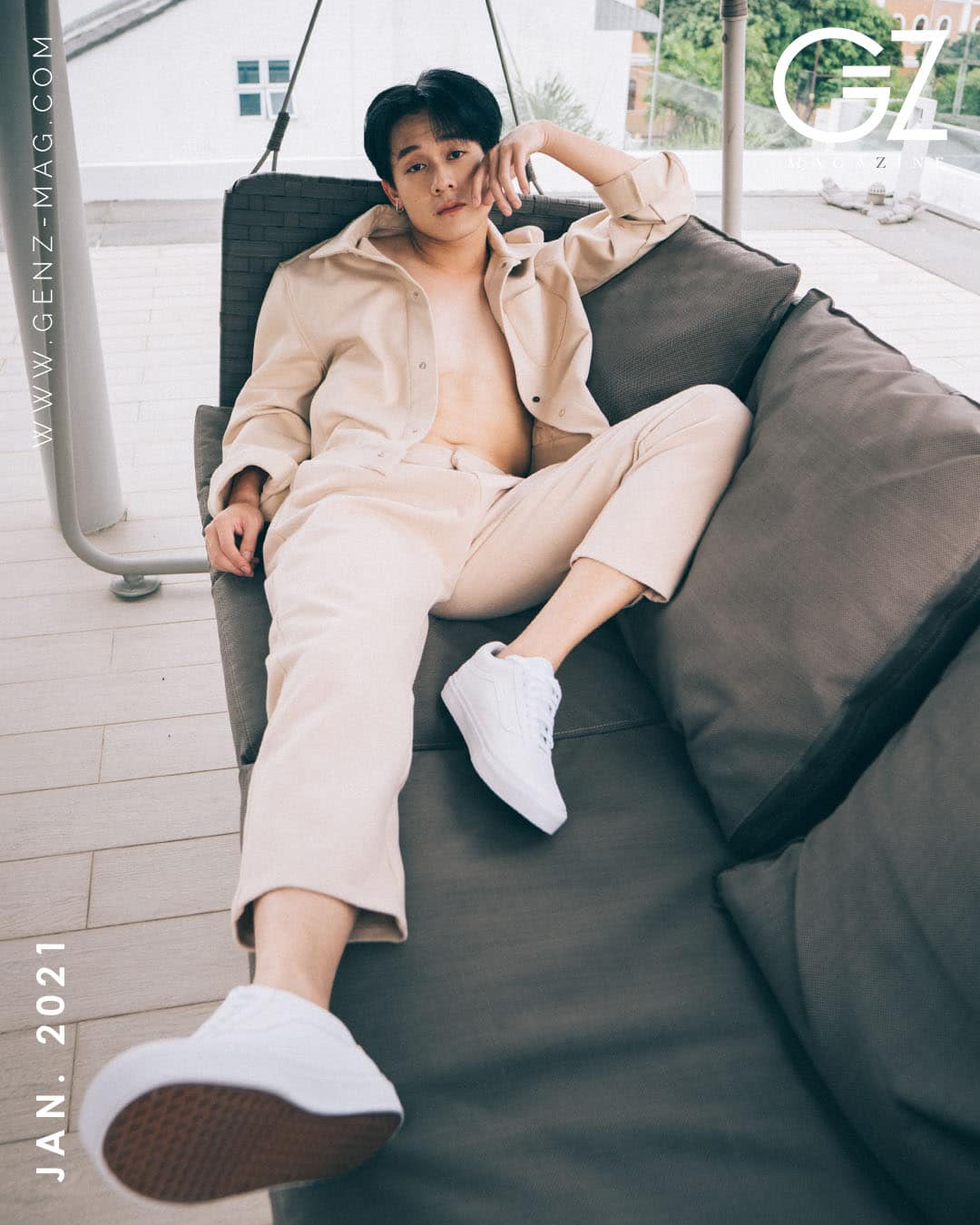
“I don’t usually read comments because it can sometimes affect me.”
But the question is, would he be ready when the time comes?
“A lot of times, there really isn’t right or wrong in what the person thinks or his perspective about you or the world. But it’s more of how the receiver feels about them and say about it. Everyone has their right to express their views; it’s about us changing our own perspective to accept people for who they are.”
Not fully jumping on the Social Media bandwagon
As the genus homo shifts trends in its Media Consumption, particularly the great migration to new media, Richie, in a surprising plus, has a different take on it.
“Being a public figure, we have to do it,” he notes. “I enjoy it sometimes. Sometimes I don’t; it’s a struggle with myself.”
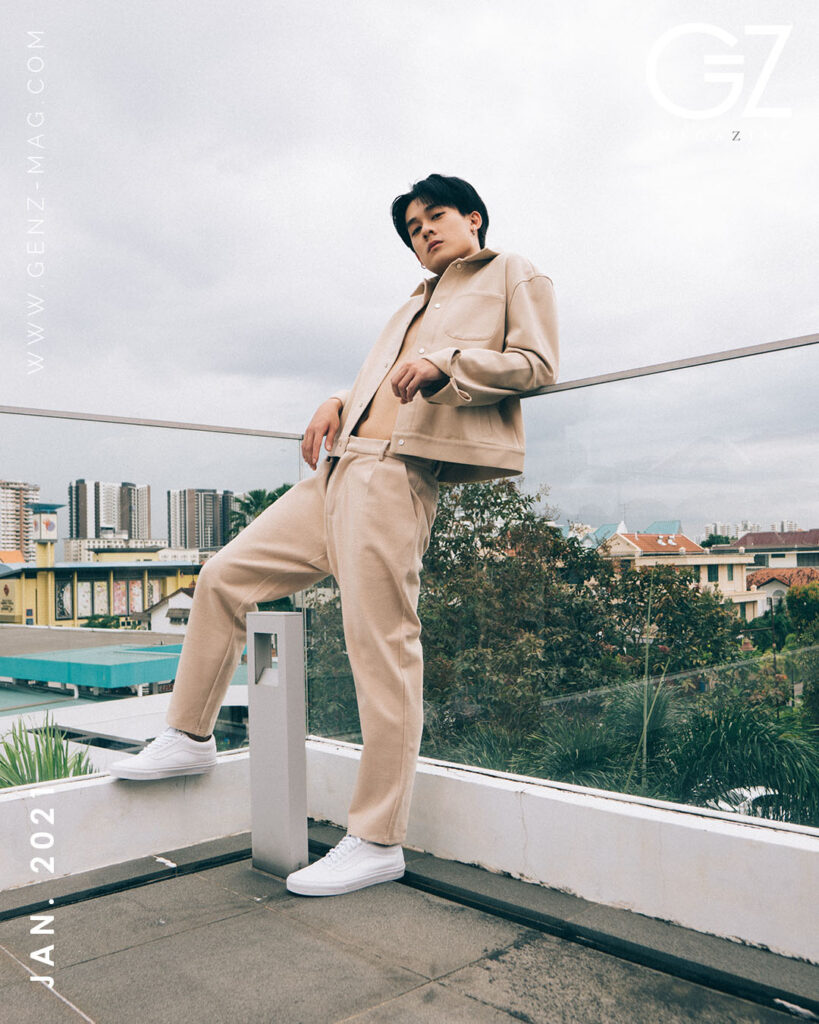
Richie shares that even though he finds Social Media is “a lot of work,” he acknowledges the shift of the current generation to new media from traditional media, where his core is. He believes that social media is a platform to forge a connection with his fans and supporters, but he is also not the kind who gives too much time into it, but instead focuses on developing his acting chops.
Koh further elaborates that what he thinks social media partly brought to humanity is how we focus on the facade and how this generation is more concerned with how we look. “The comments people receive is always for here,” he explains while pointing his finger on his face; he proceeds, “instead of people developing here [he then points at his heart], they rather be accepted by people through their looks.”
I can’t help but probe more. It’s a little bit unusual hearing it from an actor, where physical appearance matters to the job most of the time.
“I mean, we got to accept that it’s human nature to look on the appearances first,” he explains. “But, it’s very important to grow yourself mentally, because if you know what you want, then you won’t get affected by how people look at you, appearance-wise.”
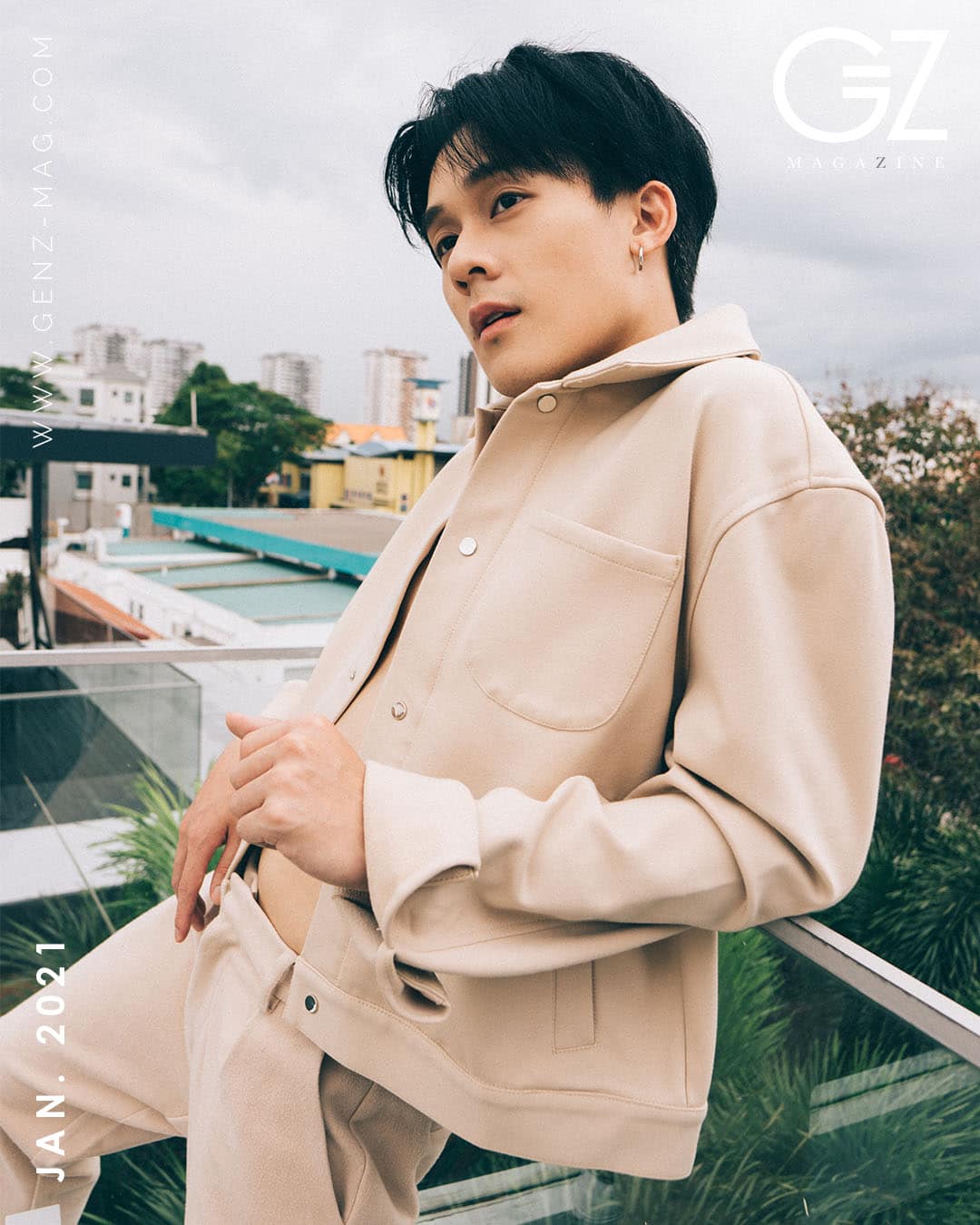
That statement, though, does not seem to stem from feigned social decorum. The person I’m facing exudes innocence. His age is nowhere near the formative years, but his way of thinking is somehow unadulteratedsomething I wish every one of us has.
He goes on to share his advice to the current generation. “Don’t focus on social media. Focus on your own life. Get real with life and spend quality time with friends and people around you rather than centering heavily on social media.”
***
Three years in front of the limelight as an actor, a public figure, yet doesn’t have the impetus to brag about himselfthese are the words that linger in my mind after knowing him for just a day. Three fruitful years of representing different characters but his. So when I ask what the biggest misconception about him is, he pauses for a good second and says, “People think I’m a bad boy, that I’m a playboy, but I’m not. I stay away from all the unnecessary mess or politics. Whether it’s in our industry, at home, or in my circle of friends, I stay away from that. I like to have a nice atmosphere and avoid toxic people.”

Photography by Emerson Baun (@emerson.baun)
Styling by Hiro (@hhiroyx)
Makeup by Zhou Aiyi (@zhouay)
Hair by Christvian Goh (@christvian)
Wardrobe by Arcade Men (@arcademen)
